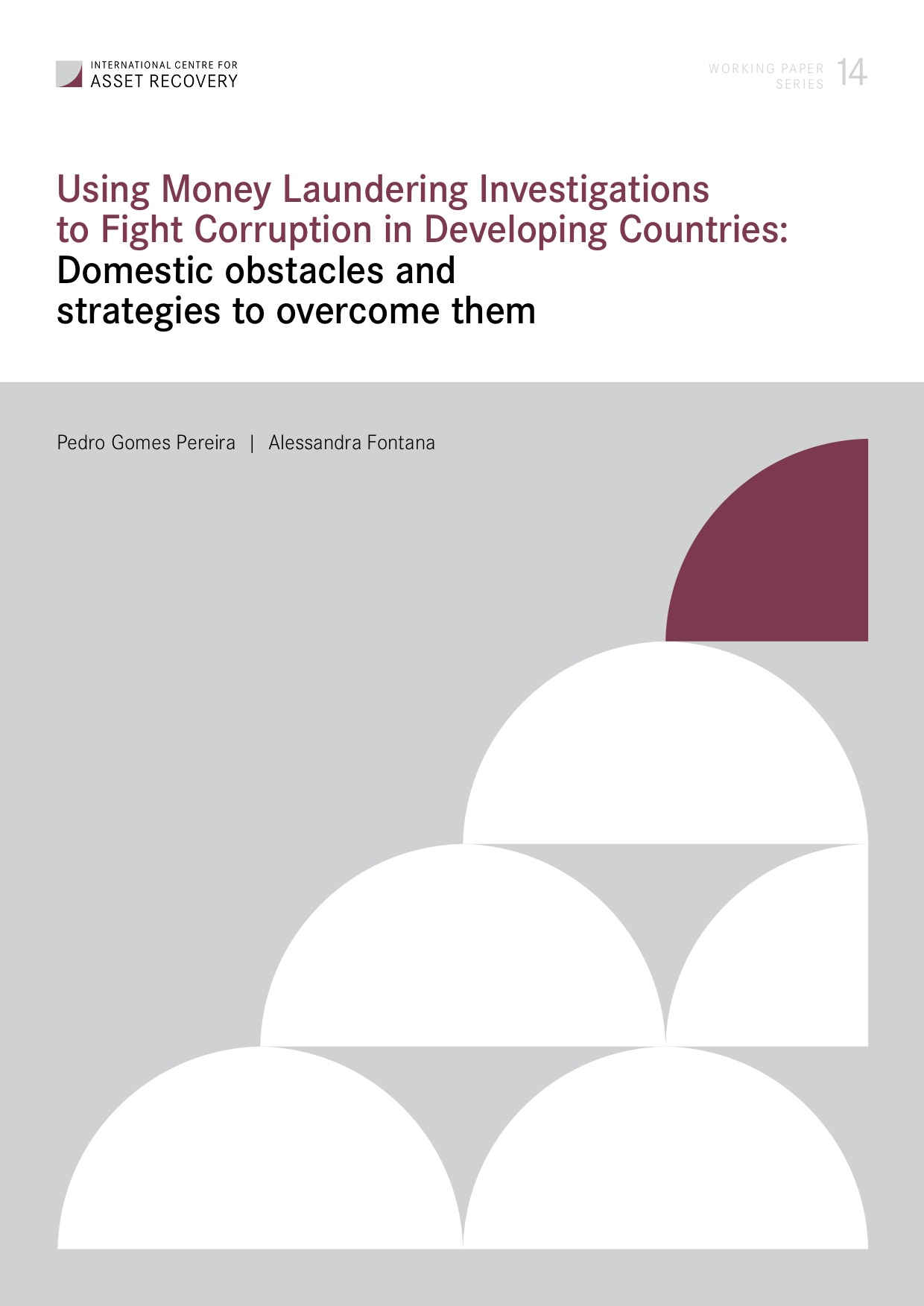Working Paper 14: Using money laundering investigations to fight corruption in developing countries
Domestic obstacles and strategies to overcome them
Keywords:
anti-money laundering, anti-corruption, Albania, Tanzania, financial investigationsAbstract
Anti-money laundering systems have the potential to curb the use of proceeds of corruption and other crimes by the perpetrators. An effectively implemented anti-money laundering framework limits the channels through which illicit funds can be laundered, making crime riskier and reducing the incentives for corrupt activities.
However, those who stand to benefit from corruption have strong incentives to block anti-money laundering programmes. In addition, these programmes face significant obstacles to effectiveness in most developing countries. Relevant institutions do not trust each other sufficiently to share information necessary for investigations. Counties lack qualified staff and necessary resources, and slow bureaucratic procedures are unable to keep up with the speed of financial transactions.
This paper explores these and other domestic obstacles and suggests strategies to overcome them, based on an analysis of the situations in Albania and Tanzania.

Downloads
Published
How to Cite
Issue
Section
License
Copyright (c) 2012 Basel Institute on Governance

This work is licensed under a Creative Commons Attribution-NoDerivatives 4.0 International License.

